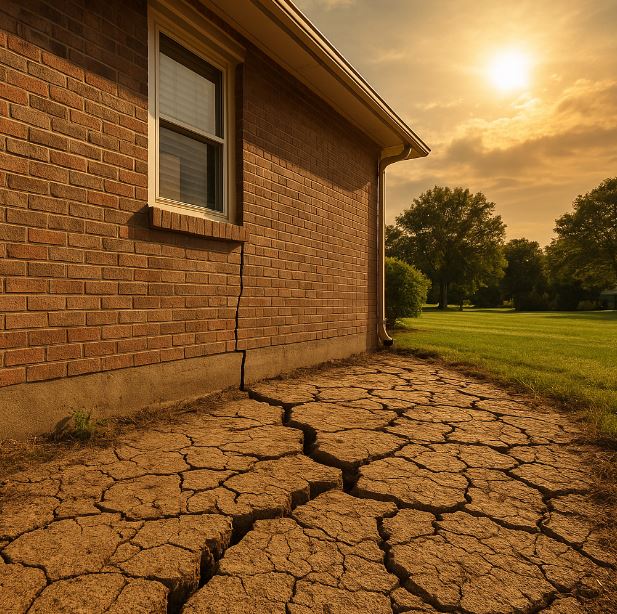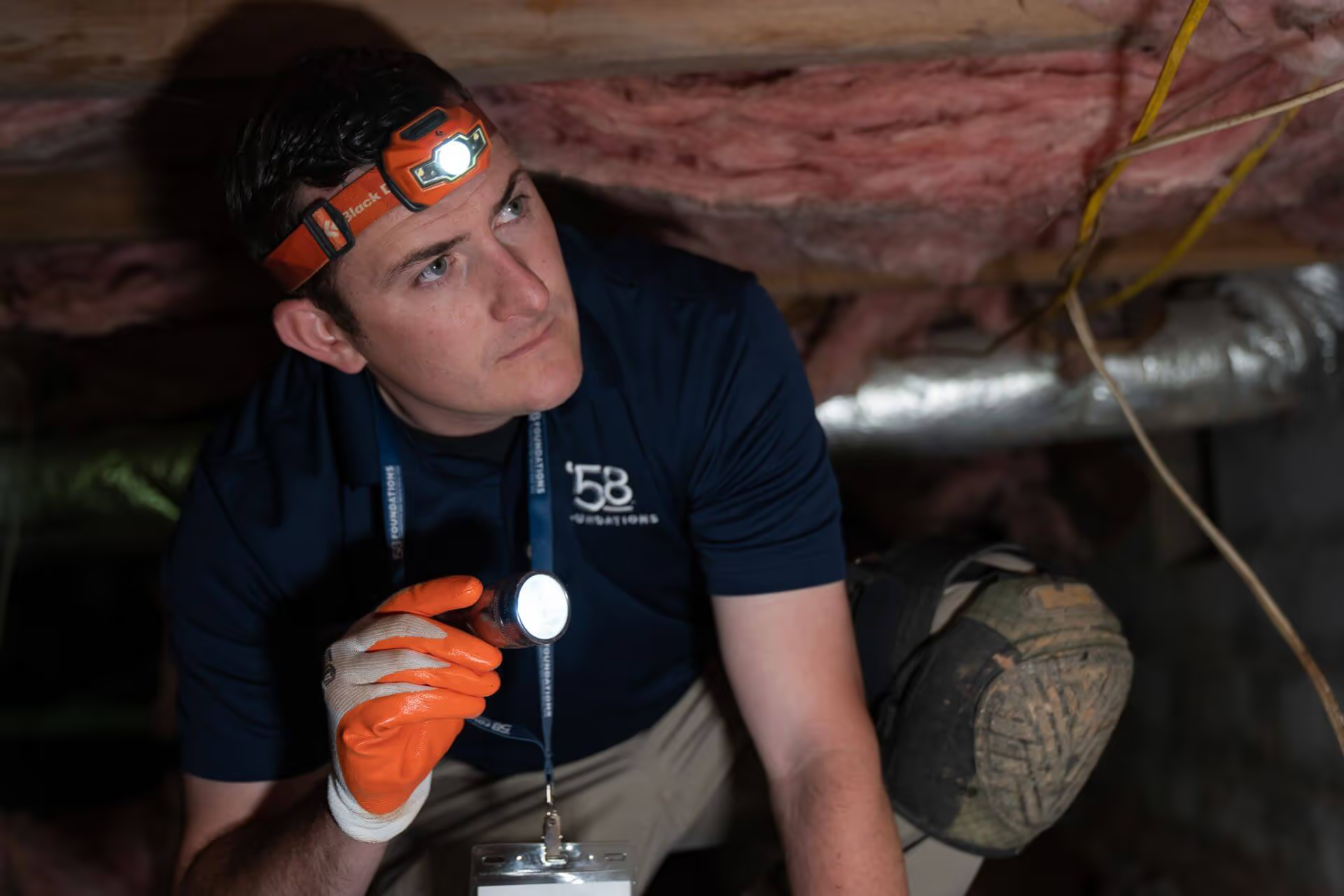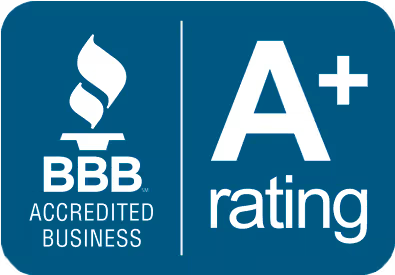
When the summer sun beats down, it’s not just your lawn that suffers. Your home’s foundation could be at risk, too. Hot weather and dry conditions can quietly create structural problems that get worse over time. If you’ve noticed new cracks, sticking doors, or sloping floors, the summer heat might be to blame.
At '58 Foundations & Waterproofing, we help homeowners protect their homes from seasonal damage before it leads to costly repairs. Here’s what you need to know.
When temperatures soar and rainfall is scarce, the soil around your home dries out. In areas with clay-heavy soil, this causes shrinkage. As the ground contracts, it pulls away from your foundation, creating air pockets where soil used to provide support. This lack of support can lead to uneven floors, cracks in walls or brickwork, and gaps around windows or doors. These are signs your foundation may be settling.
Concrete is strong, but it reacts to temperature changes. In high heat, concrete expands. When it cools, it contracts. Over time, this cycle can lead to hairline cracks on foundation walls or slabs, widening of existing cracks, and surface spalling or crumbling. Even small cracks can allow water to enter and cause further damage.
After a long dry spell, a heavy summer storm can rehydrate the soil rapidly. This sudden change puts pressure on your foundation walls—especially in basements. Known as hydrostatic pressure, this force can lead to basement wall cracks, water seepage or puddles, and in extreme cases, bowing walls. The risk is higher if your home already has drainage or grading issues.
In summer, homeowners often water unevenly—some areas stay damp from sprinklers or air conditioning runoff while others dry out completely. This irregular moisture causes the soil to expand in wet areas and shrink in dry ones, putting uneven pressure on the foundation. Over time, this can result in structural weakening in dry zones, cracks forming in walls or brickwork, and tilting or shifting floors. This type of imbalance is a common cause of differential settlement.
To minimize the risk of heat-related foundation damage, start by keeping the soil around your home evenly moist. Avoid overwatering in just one area, and try to maintain consistent moisture levels, especially near the foundation. Watch for signs of movement inside your home, such as new cracks in walls, sticking doors or windows, or gaps along baseboards and trim. In basements or crawl spaces, check for moisture, musty odors, or visible mold, which may indicate structural issues.
If you notice any of these warning signs, it’s a good idea to schedule a professional foundation inspection. A Certified Foundation Specialist from '58 Foundations can evaluate your home and recommend a solution that fits your needs and budget.
If you’re seeing any warning signs or just want peace of mind, now is the time to act. Summer heat may be silent, but the damage it causes can lead to costly repairs if ignored.
Our team at '58 Foundations & Waterproofing provides proven, warrantied solutions to protect your foundation all year long. We’ve helped thousands of homeowners across the region address heat-related damage and prevent future problems.
Don’t wait until summer damage becomes permanent. Contact '58 Foundations & Waterproofing to schedule your free inspection with a Certified Foundation Specialist. We’ll assess your home, explain your options, and help you keep your foundation strong, no matter the season.






We respect your privacy. By submitting, you authorize '58 Foundations and Waterproofing to reach you via call, email or text for information about your project needs. We will never share your personal information with third parties for marketing purposes. You can opt out at any time. Message/data rates may apply. Consent is not a condition of purchase. Privacy Policy